How to boost natural testosterone via diet for peak performance?

Understanding the Role of Testosterone in Performance
Testosterone, often dubbed the “male hormone,” plays a crucial role far beyond reproductive health. It significantly impacts muscle mass, bone density, energy levels, mood, and cognitive function. For athletes and individuals aiming for peak physical and mental performance, maintaining optimal testosterone levels naturally is key. While many factors influence hormone production, diet stands out as a powerful, controllable lever. This article explores how specific nutritional choices can help your body produce more testosterone, empowering you to reach your performance goals.
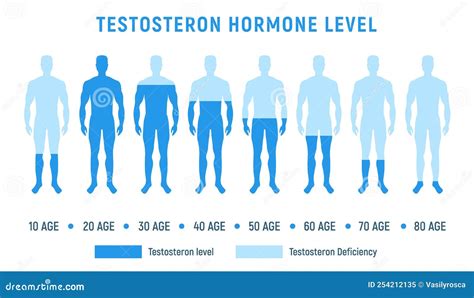
Essential Nutrients for Testosterone Production
Boosting testosterone naturally starts with ensuring your body receives the building blocks it needs. Several vitamins and minerals are directly involved in hormone synthesis:
- Zinc: This mineral is vital for immune function, metabolism, and testosterone production. Deficiencies are linked to lower T-levels.
- Vitamin D: Often called the “sunshine vitamin,” Vitamin D acts like a steroid hormone in the body and is strongly associated with testosterone levels.
- Magnesium: Involved in over 300 enzymatic reactions, magnesium can help increase free testosterone, which is the most bioavailable form.
- Selenium: An essential trace element, selenium supports healthy thyroid function, which in turn influences testosterone.
Food Sources: Incorporate foods rich in these nutrients. Good sources of zinc include oysters, red meat, poultry, beans, nuts, and whole grains. Vitamin D can be obtained from fatty fish (salmon, mackerel), fortified dairy products, and sunlight exposure. Magnesium is abundant in dark leafy greens, nuts, seeds, legumes, and whole grains. Brazil nuts are an excellent source of selenium.
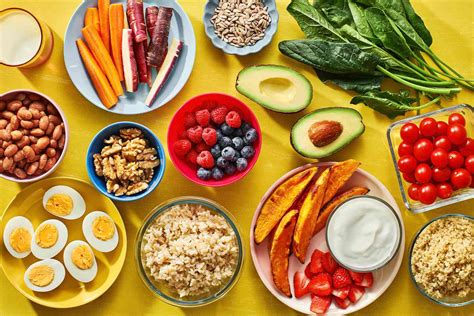
The Power of Healthy Fats
Don’t shy away from fats – the right kind are crucial for hormone production. Testosterone, like other steroid hormones, is synthesized from cholesterol. Restricting healthy fats can negatively impact your body’s ability to produce adequate testosterone.
- Monounsaturated Fats: Found in avocados, olive oil, and nuts, these fats are heart-healthy and support hormone function.
- Polyunsaturated Fats (Omega-3s): Found in fatty fish, flaxseeds, and walnuts, Omega-3s reduce inflammation and are essential for overall cellular health, including hormone-producing cells.
- Saturated Fats (in moderation): While often demonized, a moderate intake of healthy saturated fats from sources like grass-fed butter, coconut oil, or lean red meat can also play a role in testosterone synthesis. The key is balance and quality.
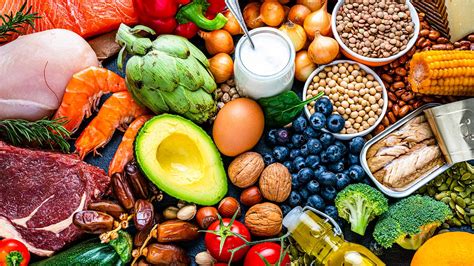
Protein and Carbohydrate Balance
While fats are essential, a balanced intake of protein and carbohydrates is equally important for optimizing testosterone and overall performance.
- Adequate Protein: Sufficient protein intake is crucial for muscle repair and growth, which indirectly supports testosterone levels. Aim for lean sources like chicken breast, turkey, eggs, fish, and legumes.
- Strategic Carbohydrates: Low-carb diets, especially over long periods, can sometimes elevate cortisol (a stress hormone), which can suppress testosterone. Incorporate complex carbohydrates from whole grains, fruits, and vegetables to fuel your workouts and maintain stable energy levels, preventing cortisol spikes.
A good rule of thumb is to ensure each meal contains a source of lean protein, healthy fats, and complex carbohydrates to support stable blood sugar and hormone balance.
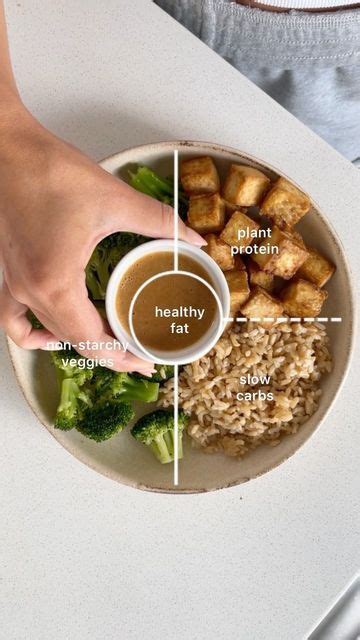
Foods to Limit or Avoid
Just as important as what you eat is what you don’t eat. Certain foods can negatively impact testosterone levels:
- Processed Foods and Sugars: High intake of refined sugars and processed foods can lead to insulin resistance and increased body fat, both of which are detrimental to testosterone production.
- Excessive Alcohol: Chronic heavy alcohol consumption can directly interfere with the testes’ ability to produce testosterone.
- Certain Soy Products: While often debated, some studies suggest very high intake of soy products, rich in phytoestrogens, might have a minor impact on testosterone in some individuals, though more research is needed for a definitive conclusion for typical consumption.
- Trans Fats: Found in many fried and processed foods, trans fats are harmful to overall health and can negatively affect hormone balance.
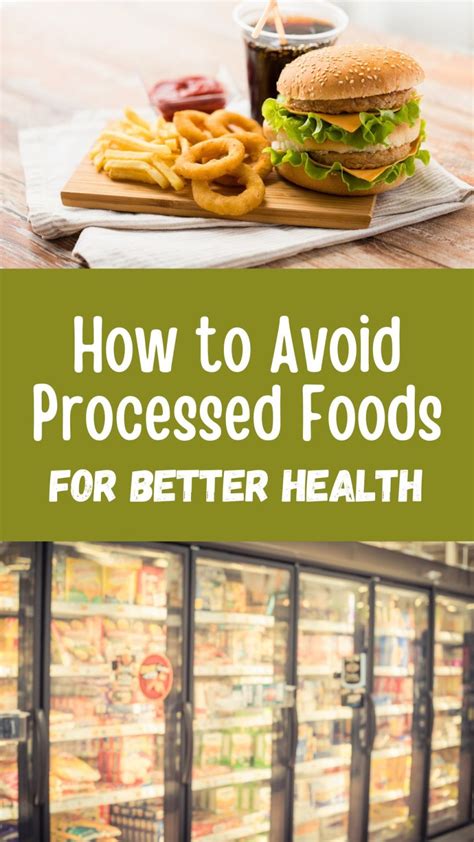
Beyond Diet: A Holistic Approach
While diet is a cornerstone, remember that it’s part of a larger picture. To truly achieve peak performance and optimal testosterone, consider integrating these lifestyle factors:
- Regular Exercise: Especially strength training and high-intensity interval training (HIIT).
- Adequate Sleep: Aim for 7-9 hours of quality sleep per night, as hormone production largely occurs during sleep.
- Stress Management: Chronic stress elevates cortisol, which can suppress testosterone. Practice mindfulness, meditation, or other stress-reducing techniques.
Conclusion
Optimizing your natural testosterone levels through diet is a powerful strategy for enhancing performance, vitality, and overall well-being. By focusing on nutrient-dense whole foods rich in zinc, Vitamin D, magnesium, and healthy fats, while limiting processed foods and excessive alcohol, you can create an environment where your body thrives. Combine these dietary strategies with regular exercise, sufficient sleep, and stress management for a comprehensive approach to unlocking your peak potential.








